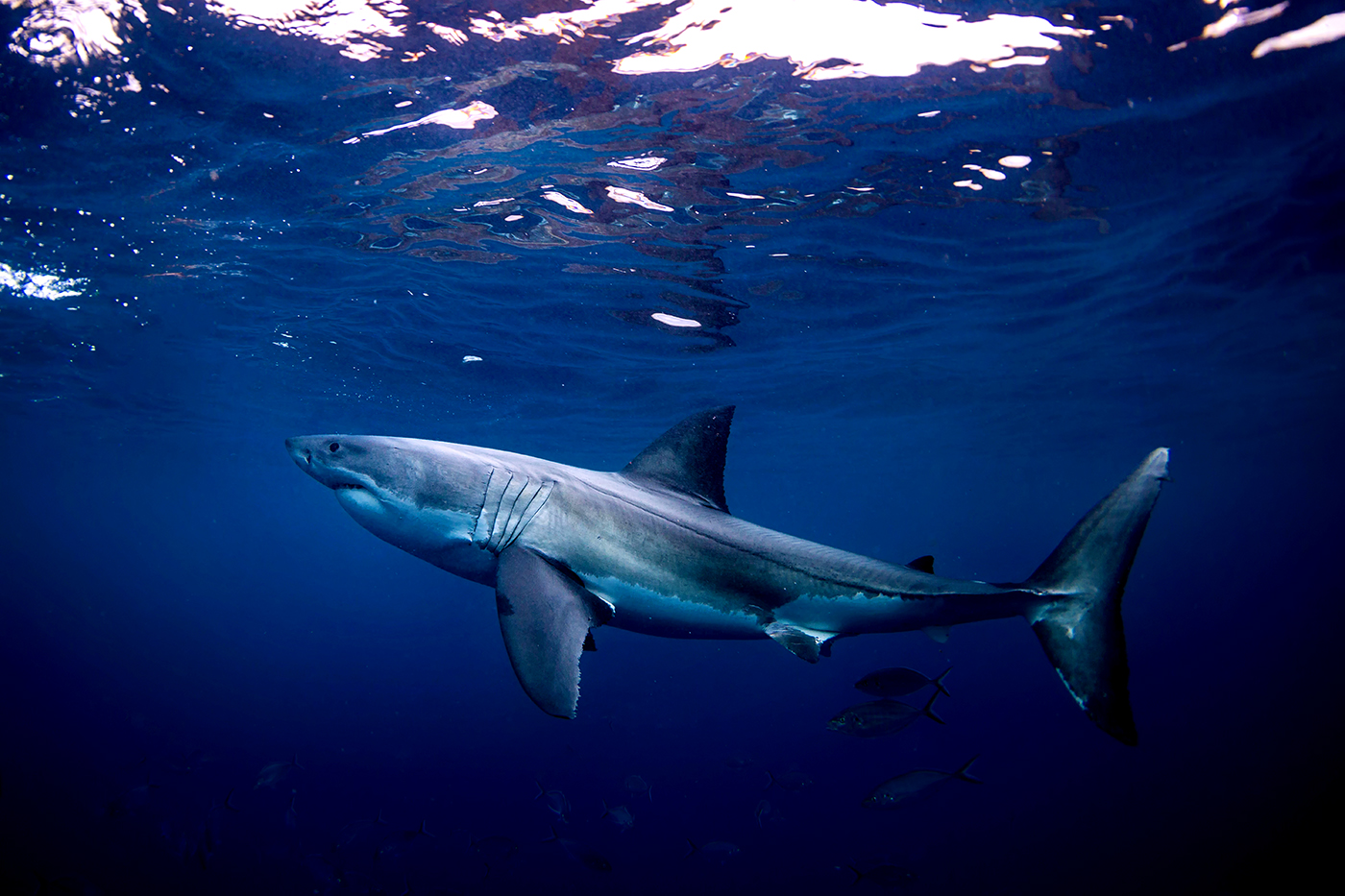Cape Cod resident Doug Fraser realized he had made the right decision to give up boogie boarding in favor of a standup paddle board the day a great white shark swam under him and rolled over to take a closer look.
From his standing position on the paddle board, Fraser was able to see the shark coming and the roll that exposed a dark, hollow-looking eye.
“I switched from boogie boarding probably four to five years ago because you look a little too much like a seal when you sit there in the water with fins dangling,” says Fraser, a writer who formerly covered the fishing industry—and sharks—in Massachusetts.
“I really enjoyed boogie boarding,” Fraser says. “I changed my attitude.”
There are no statistics on how many people have given up boogie boarding, surfing or long distance ocean swimming because they fear encountering one of the hundreds of great white sharks hunting for seals off the Atlantic-facing beaches of Cape Cod, a popular tourist destination spot in Massachusetts.
But there is no doubt the sharks’ growing presence has changed human behavior on and near those waters, especially after 26-year-old boogie boarder Arthur Medici was killed by a great white off Wellfleet on the Outer Cape nearly four years ago.
The Swim for Life charity event in Provincetown, Massachusetts, that draws hundreds of participants will, for the second September in a row, take place in shallow waters of the East End shoreline rather than the traditional deepwater route across Provincetown Harbor due to concerns about sharks, whose local population peaks in late summer and early autumn.
And at ocean-facing beaches from Chatham to Provincetown, lifeguards keep beachgoers close to shore, especially during high tide when sharks ride the swells parallel to the beach in the hunt for seals.
Read more on News@Northeastern.

